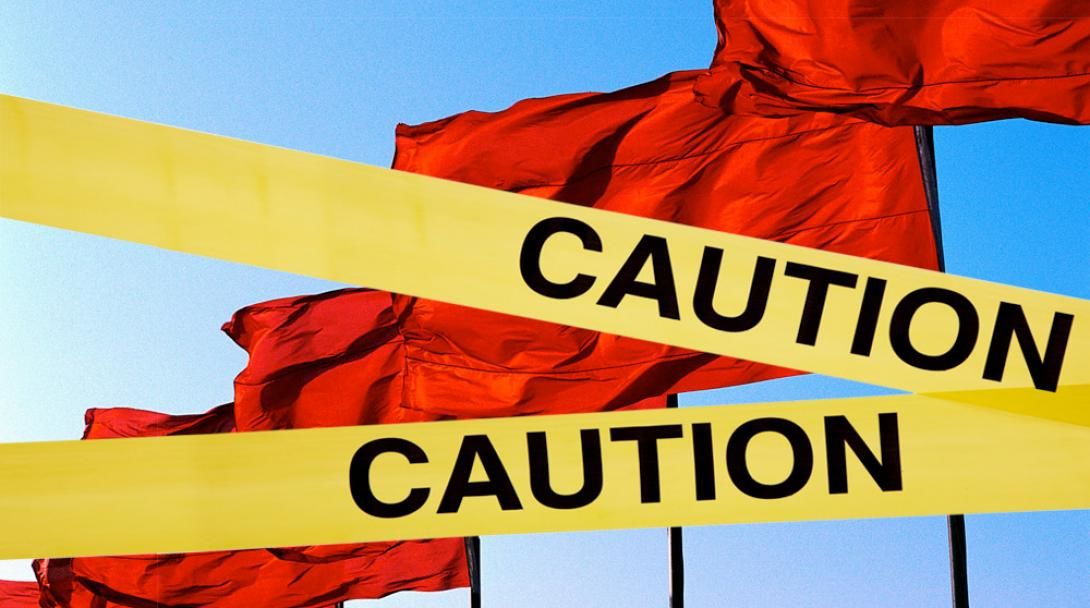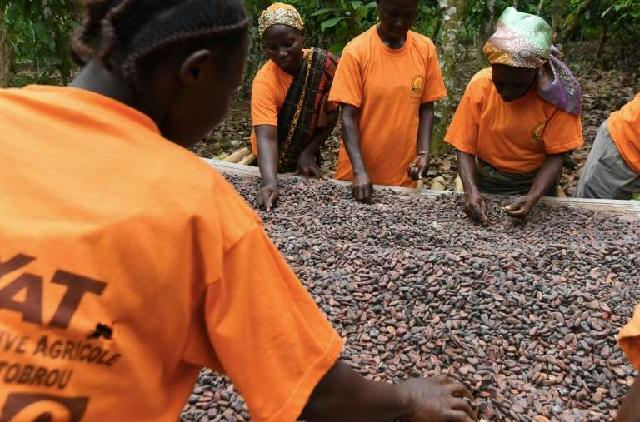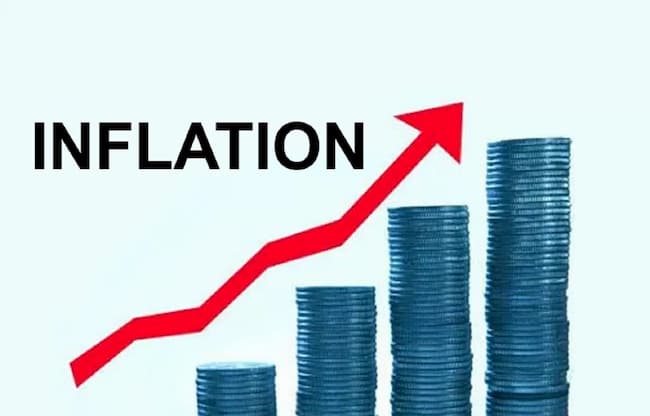Nigeria is planning to team up with Cameroon to agree on a premium for their cocoa with international buyers, following moves by the top producers – Ivory Coast and Ghana, to boost prices for their crops, the Vice President of the World Cocoa Producers Organisation, Sayina Riman, has said.
The plan, which was said to have been suggested by Nigeria, the world’s fourth-largest cocoa producer, is part of a drive by cocoa growers in West Africa and Latin America to try to address a perceived imbalance between farmers’ incomes and money made by big commodities traders.
Reuters reported that Ivory Coast and Ghana, which account for nearly two thirds of global cocoa production, have imposed a fixed “living income differential” of $400 per ton on all cocoa contracts sold by either country for the 2020/2021 season.
However, despite being the world’s leading cocoa producers, the two countries exert very limited influence over international prices.
Cocoa producing countries have sought ways to protect farmers from market swings after global overproduction sent prices crashing between 2016 and 2017, and oversupply has meant a slow recovery.
Riman, who doubles as president of the Cocoa Association of Nigeria, told Reuters that Ivory Coast and Ghana had effectively agreed a $400 per ton premium above global prices for their cocoa, stressing that Nigeria wanted to follow suit to protect its farmers.
According to him, Nigeria has had informal discussions with Cameroon.
“We are talking to Cameroon to see if we can become a regional bloc … and see if we can get our buyers, who know our quality to give us better differentials,” he said, adding: “We need to approach it as a bilateral discussion.”
Peru has said it would propose a minimum price of $3,200 per ton to its regional growers, which together make up 17 percent of global output, after the moves by West African producers.
Riman added that Nigeria and Cameroon both account for around 10 per cent of global production and have the potential to more than double output within five years.
The two countries share a border and similar weather.
According to Riman, private sector representatives in Nigeria would hold talks with the federal government this month to map out a plan after which the country would formally engage with Cameroon.
He said Nigerian officials had also met with Dutch and British officials about boosting cocoa exports to Europe rather than selling beans through third party buyers in Asia.
However, spokesman of Cameroon’s Trade Ministry, Serge Eric Epoune, said the ministry was unaware of Nigeria’s plans, while a source at the country’s National Office of Cocoa and Coffee, who did not want to be named, said the plans were just “rumours”.
Also, a top cocoa trader at one of the world’s biggest agriculture trade houses said he did not see how Nigeria and Cameroon could team up because Nigeria does not have a central cocoa authority, unlike Ivory Coast, Ghana and Cameroon.
“I believe the Nigeria and Cameroon prices will move up in line with Ivory Coast and Ghana … because of supply and demand,” said the trader.
“If Nigeria becomes too cheap, everyone will buy Nigeria and the market will adjust higher automatically, but not because they teaming are up,” the trader added.
Farmgate cocoa prices in Nigeria rose to around N720,000 ($2,353) per ton from N650,000 in September.
Source: THISDAY
















